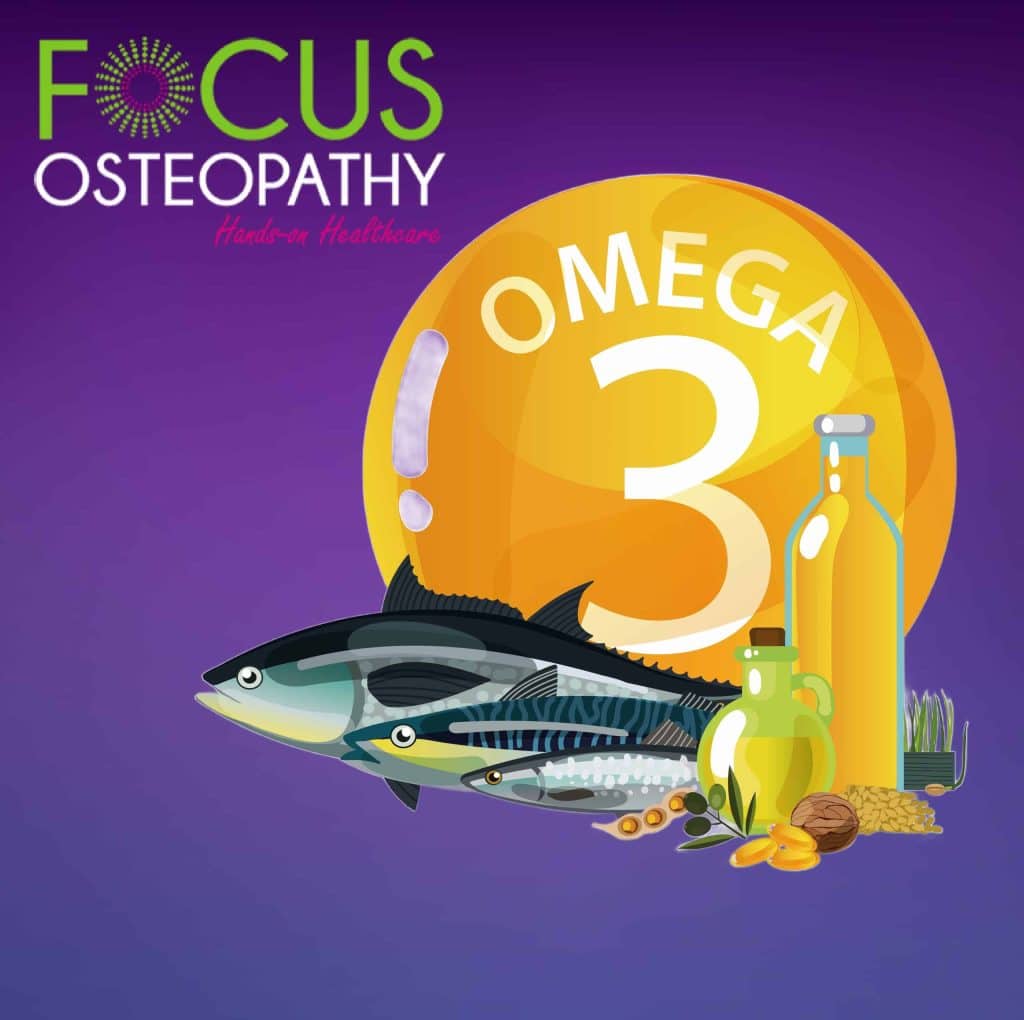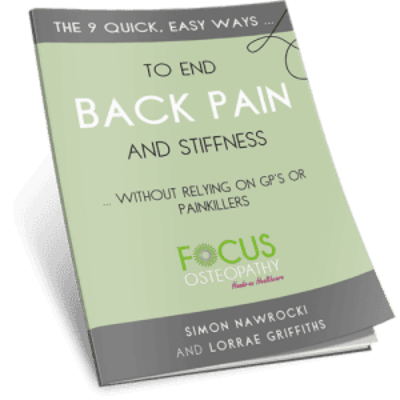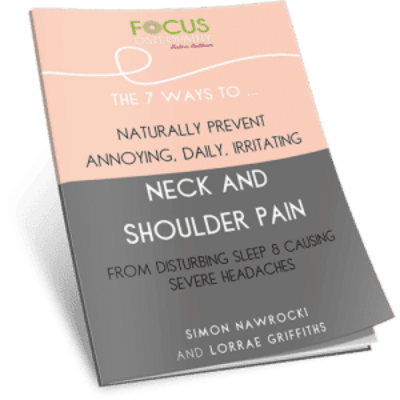Can you get Omega-3 from anything other than fish? I have a phobia of eating fish – known as Ichthyophobia. And because my diet has been a tad poor, I certainly haven’t been getting enough Omega-3. My joints are aching, and my nutritional sat nav has gone AWOL. Time to face some fears.
As a consumer, it’s easy to clock that Omega-3 fatty acids suffer from the media’s fashion trend. They fall in and out of favour, largely depending on which study or ‘online expert’ owns the headlines that week.
Some claim that Omega-3 is good for the brain, while others claim consumption of fatty acids deteriorates our grey matter into a Zombie state. Reports contradict themselves, circling around whether Omega-3 does or doesn’t prevent heart disease, cancers or physical ailments.
Conflicting reports claim that foods containing fatty acids can aid in the personal fight against encroaching arthritis, whereas other publications declare that they make little-to-no difference. At all. What can get lost in translation is this – Omega-3 fatty acids are essential nutrients for the human body to function effectively.
Regardless of opinion on those debated aspects above, what has been accepted by almost everyone is the impact Omega-3 has on the improvement of blood vessel function, prevention of blood clots, and a direct influence on gene expression; embellishing your ability to function.
More Blogs From Focus Osteopathy
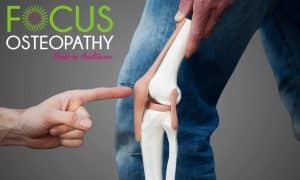
Knee Pain: The Good, The Bad, and the OUCH!

4 Reasons Swimming Is Good For Back Pain
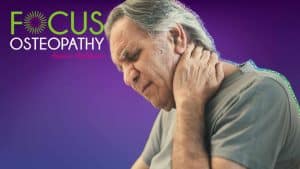
8 Ways Neck Pain Can Disrupt Your Daily Life—and How Osteopathy Can Help

Understanding Back Pain: The Unwanted Companion
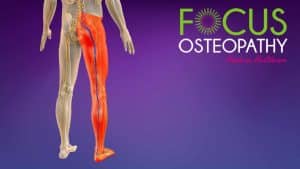
Does Massage Therapy Help Sciatica? 4 Things You Must Know

Neck Pain Exercises to Help You Sleep
Here’s the clincher – although these fats are crucial for a healthy lifestyle, your body doesn’t produce Omega-3. You need to source them from your food, but you won’t find these necessary fatty acids in the likes of chocolate, bread or cakes.
Sadly, that delicious slice of deep-fried Victoria Sponge (with heaped servings of ice cream and sprinkles) does not help in the fight against joint pain, heart disease or encroaching arthritis. Chips don’t aid your defence against deteriorating brain matter. Grabbing a dirty burger is unlikely to prevent physical ailments. Sad face.
What you really want to be eating comes from Neptune’s pantry. Top sources of Omega-3 can be found in fatty fish; herring, mackerel, salmon, tuna and sardines. Feeling adventurous? You can also enjoy chomping down on seaweed, or swallowing fish oil, cod liver tablets or algal oil supplements.
And that’s where I had a problem. This all makes sense on paper, and I can’t disagree with the facts, but I’ve always had an aversion to fish.
Unless it’s been dipped in batter and served alongside a mountain of hot chips, then fish dishes have always been viewed as trouble.
Even then, I’ve usually been forced into ordering butterfish and chips. Although we both know that I’m lying when I say that. Sigh.
Going Vegan for Omega 3

It’s funny how our childhood trauma can follow us into adulthood when it comes to food. As I watched a bone jettison itself across the floor following the Heimlich Manoeuvre from my father, I vowed never to touch fish-based dishes ever again. So, in trying to improve my diet without venturing into that dreaded marine food group, I did
something that I’d never before contemplated. I went vegan. After doing some research and praying to God that I didn’t have to risk eating fish again, I discovered that – courtesy of a growing proportion of our population taking this turn – veganism is no longer shunned during Omega-3 discussions.
The good news was this; certain plant foods offer alpha-linolenic acid, which potentially does the trick. The shopping trolley was soon filled with kale, spinach, Brussels sprouts and various assortments of nuts.
The bad news was this; even if I feasted on these greens in a single sitting, the results would be lackluster. Due to complicated maths and conversion rates between the three main types of Omega-3 fatty acids – Eicosapentaenoic acid (EPA), Docosahexaenoic acid (DHA) and Alpha-linolenic acid (ALA) – it would be a largely wasted venture. And nobody wants to overdose on sprouts for no good reason.
Turning to fresh and unexplored options in a feverish bid to avoid the inevitable, I went in search of algal oil, which is derived from algae. According to the experts, it contains both DHA and EPA and can almost claim to be equivalent to the oils found in Salmon. But then things got scary, as you need to find a brand that avoids contaminants such as mercury and polychlorinated biphenyls (PCB).
I’m sure that there are loads of safe and trustworthy online sources to get a hold of these supplements, but – stupidly – I became spooked. It triggered an overload following the bombardment of recent new healthcare terms. I tapped out.
That mantra was enhanced when reading about fish oil’s blood-thinning effect should you take more than 3 grams per day. So, as predicted, I was going to have to confront my childhood phobia and actually eat fish. Yikes.
Facing Fear. And Fish.

Seafood has one of the most distinguishable smells. And with every meaty whiff of fish, I’m transported back to that ridiculous mental block. I’ve taught myself to hate everything about it – the smell, the texture, the appearance.
And so, to aid my progress towards a healthier diet, it was time to face a meal of salmon and vegetables. All the veg was consumed in a sad effort to postpone the inescapable, and then the moment could be put off no longer.
My throat squirmed, and my face seemed to screw up into something Picasso would be proud of. The salmon may have been baked with asparagus and tomatoes, but it tasted like death warmed up. I could feel sweat materialising across my brow, each swirl of my jaw searching for any trace of thin bone.
Convinced that I was fatally close to a repeat of that haunting childhood memory, I stopped. Until someone reminded me why I was doing this, and how important Omega-3 is for my joints and wellbeing. They had a point.
Why Omega-3 Matters
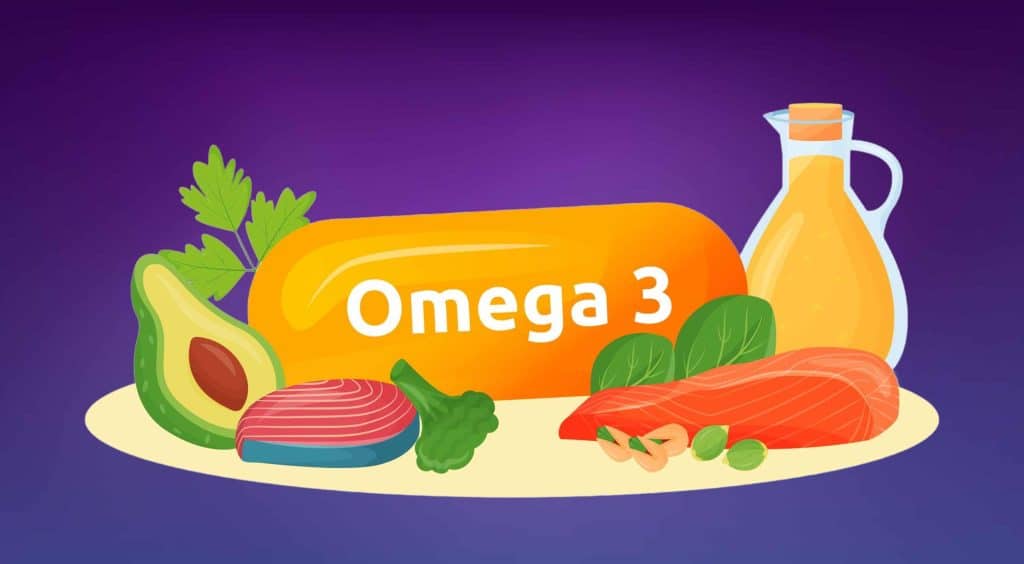
Because Omega-3 fights inflammation and decreases inflammatory markers within the joint, there’s an aurora that fatty acids can prevent stiffness, joint pain and a dependence on painkillers/medication. Evidence suggests that Omega-3 may even protect against cartilage loss.
And, when looking at the rising cases of disability in Australia, that kind of assistance is priceless. According to studies, one in three adults over the age of 45 will develop osteoarthritis, with increasing numbers affected by rheumatoid arthritis, ankylosing spondylitis or osteoporosis. When reading that 75% of those with osteoarthritis live in constant pain, suddenly that Salmon doesn’t seem so terrible. But there is a voice at the back of my head: “could Omega-3 fatty acids really help keep that condition at bay?”
Although the media may scream of contradictions, when you delve behind the headlines, the research looks promising. Omega-3 supplements have been found to impact joint pain in a positive fashion – reducing discomfort and improving function. Perhaps there was a way to avoid digesting Nemo after all. Yet, there are some other things to note in the studies.
These supplements have to be used in conjunction with, or as an alternative, to conventional anti-inflammatory painkillers. And even then, it’s not a one-dose-fixes-all in regards to current joint pain. Nutritional experts appear divided when discussing Omega-3’s influence on clinical improvements, but one thing seems certain – the long-term effects depend on other aspects of life.
For instance, I couldn’t (sadly) get away with a sugary diet, lack of exercise and high-stress lifestyle and expect Omega-3 supplements to counteract all my evils. I also couldn’t expect those fatty acids to fix any lingering muscle pain from a sedentary lifestyle.
For that, osteopathic services offer a more direct and tangible solution to ailments such as lingering back pain and difficulty with knee ache, torment from neck pain and the like.
So, with a little guidance from the team at Focus Osteopathy, I’m going to tackle my fear of eating fish for the greater good. Omega-3 seems to be wildly beneficial for preventing future joint pain, and those fatty acids certainly appear to keep things like Gout at bay.
Guidance From Focus Osteopathy
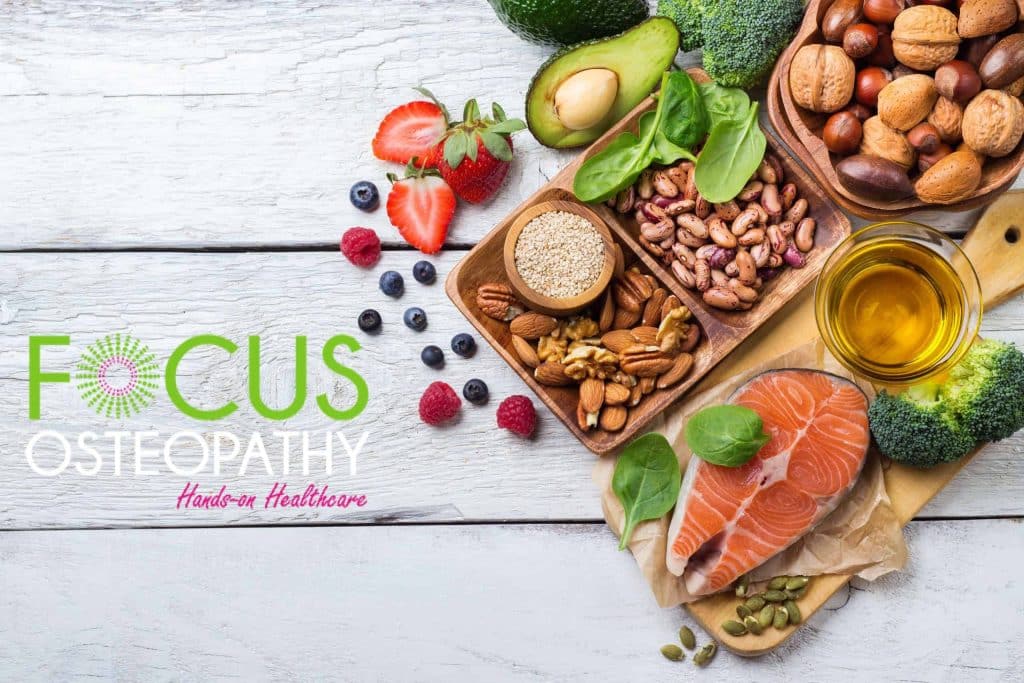
That guidance from the nutritional boffins at Focus should keep me on the right track, as it’s not quite as simple as “eat all the fish and eat it now”.
Fish oils are known to increase blood sugar levels, and that can have a nasty effect on anyone with diabetes or relevant health conditions, and can potentially clash with certain medications.
Too much Omega-3 over a small time stretch and you can also incur nausea, headaches, heartburn, toxicity towards Vitamin A and even insomnia. Not to mention bad breath and an irritating taste left in your mouth. Although that could just be my cooking talents.
On the plus side, this will all assist in vanquishing my phobia of fish as a meal. And it means I don’t have to opt solely for vegan options to gain my Omega-3 requirements.
After all, as previously stated, nobody wants to explain an overdose of Brussel Sprouts to St.Peter at the pearly gates. Can you imagine trying to hang with Amy Winehouse or Janis Joplin, using that claim to fame?

